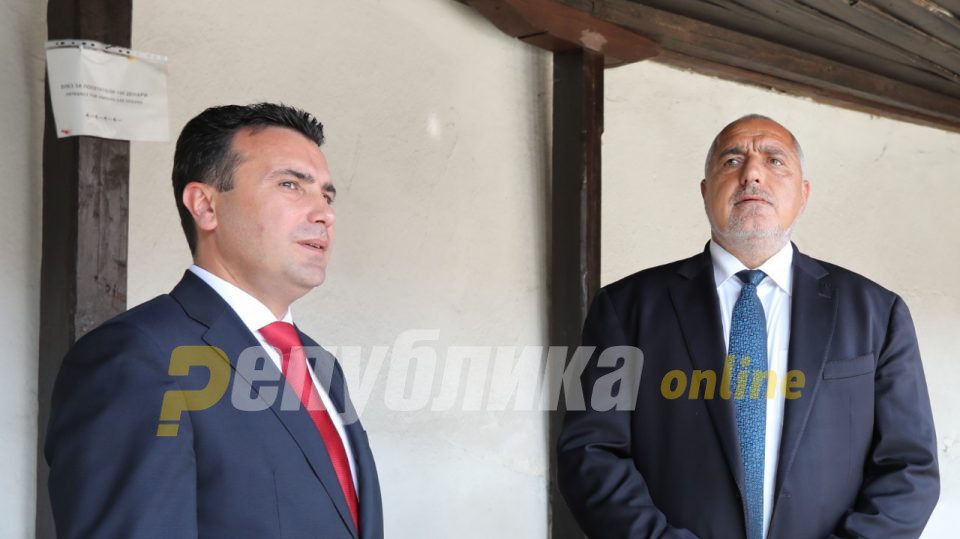The Brussels Times – an English language paper from Belgium – carries an editorial by Bulgarian commentator Radosveta Vassileva, who is critical of Bulgaria’s veto of Macedonia in the EU accession process. Vassileva points to the 2017 Zaev – Borisov treaty and its clause that pushes the two countries to come up with a joint historic narrative, which is the basis for Bulgaria’s demands from Macedonia.
The origin of this “enlargement crisis” can be attributed to both the governments of Bulgaria and (North) Macedonia, which undertook to tamper with controversial historical topics when neither the societies nor their historians were ready. It can also be credited to the EU top officials and national politicians who cheered when the friendship treaty was signed because they should know better. The Franco-German experience in these matters shows that bottom-up rather than top-down initiatives give fruits. Of course, politicians can contribute to creating conditions for societies to mature for dialogue — from cultural exchanges for students, teachers, and academics, through joint historical conferences, to regular talks between associations of teachers. Yet, patience rather than pressure seems to be of the essence, Vassileva writes.
The author notes that truth is relative and facts can be viewed differently by two various sides, and that therefore the introduction of this clause should’ve been an obvious blind alley for both countries, and Macedonia’s EU enlargement prospects.





Comments are closed for this post.